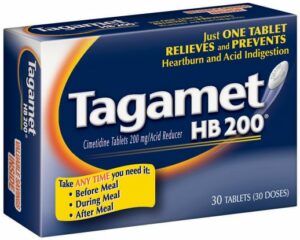Abstract:
Cyclosporin A (CsA), a cyclic endecapeptide, is a T cell-specific immunosuppressant and is successfully used in the field of organ transplantation. Another T cell-specific immunosuppressant, FK506, a more recently discovered macrolide antibiotic, is effective against graft rejection at much lower doses than CsA. Although totally different in structure, both compounds inhibit T cell activation by interfering with the production of interleukin-2 (IL-2) by inhibiting IL-2 gene expression, probably through the inhibition of calcineurin, a Ca2+/calmodulin-dependent phosphatase. Clinical studies have revealed that FK506 induces a variety of side effects in common with CsA. One of the most common side effects of CsA is hypertrichosis. The hair growth stimulating effect of CsA is observed not only in normal but also in pathological conditions of hair growth, i.e. in patients with alopecia areata and also in some patients with male-pattern alopecia. Although hypertrichosis is induced by both topical and oral administration of CsA, there has been no report showing that FK506 induces hypertrichosis. Recently we have found that topical application of FK506 to skins of mice, rats and hamsters markedly stimulates hair growth. This hair growth stimulating effect of FK506 is observed when applied topically but not by oral administration, even with a dose which causes marked immunosuppression. The hair growth stimulating effect of FK506 in normal animals may apparently be unrelated to its immunosuppressive effect. In vitro studies revealed that FK506 directly stimulates hair follicles. Mechanisms of hair growth stimulating effects of FK506 and CsA remain to be elucidated.
Author:
Yamamoto S; Kato R
Source:
J Dermatol Sci, 1994 Jul, 7 Suppl:, S47-54
Address:
Department of Pharmacology, School of Medicine, Keio University, Tokyo, Japan.
Language:
English
Unique Identifier:
95092662





